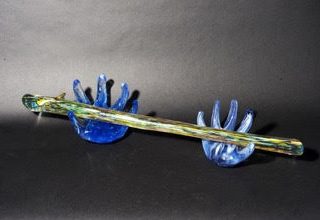
Conclusions
In my early career as a psychologist and a young organizational consultant, I was enamored by the life and work of Kurt Lewin. (Marrow, 1969) He was not only one of the founders of modern-day social psychology, but also helped to create the field we now call “organization development.” Lewin loved surprises as well as thoughtful (and playful) reflection on these surprises. Apparently, he was always ready to try something out in a group setting and to learn from this experimentation. I find that this spirit of experimentation (action) and learning (reflection) is to be found in the early pages of the original book written about that remarkable social invention called the “T-group” (or “training group”). (Bradford, Gibb and Benne, 1964)
Originally created during a conference on antisemitism and racism in America, the T-group became a new experiential way in which to explore and become more “sensitive” to personal attitudes and behaviors. “Sensitivity” did not initially refer to one’s access to feelings; rather, it was about being sensitive to the processes that operate in groups regarding the ways attitudes and behaviors impact such matters as leadership, authority, communication – and prejudice.
I believe Kurt Lewin’s spirit was present during our NECS program. He would have delighted in the rearrangements that needed to take place when the technology broke down. A big smile would have appeared on his face when Bill Carrier and his virtual colleagues decided to examine their own reactions to the technological breakdown and their own personal experiences with these breakdowns in their work (and personal) life. While we were not running a T-Group, a container was created (as Garry Schleifer mentioned) that enabled agility and collaboration to win the day. Thank you Kurt . . . and thank you my NECS colleagues for the rich learning you have provided me.
_____________________
References
Argyris, Chris and Schon, Donald (1978) Organizational Learning. Reading, MA: Addison-Wesley
Bateson, Gregory (1972) Steps to an Ecology of Mind. New York: Ballantine.
Bradford, Leland, Jack Gibb and Kenneth Benne (1964) T-Group Theory and Laboratory Method, New York: Wiley.
Jung, Carl (1963) Memories, Dreams and Reflections. New York: Random House.
Jung, Carl (1979) Aion: Researches into the Phenomenology of the Self. Princeton NJ: Princeton University Press.
Marrow, Alfred (1969) The Practical Theorist: The Life and Work of Kurt Lewin. New York: Basic Books.
Polanyi, Michael (1969) Knowing and Being. Chicago: University of Chicago Press.
Download Article 1K Club

















